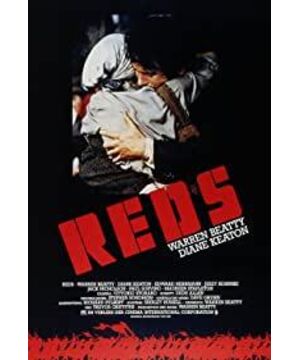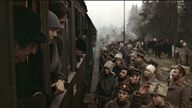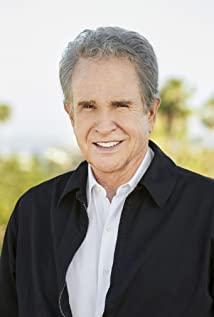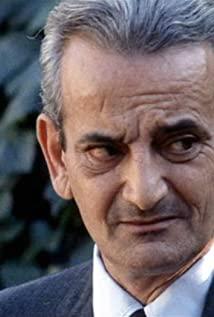It feels okay, the portrayal of Comrade Reed in the film is very good, from a democratic pacifist, a writer to a communist, a revolutionary who insists on faith and ideals to death, Louis Silk is also getting along with Reed, and gradually grows from a writer without direction to a staunch feminist. The film also reflects the true communist concept of love, and Louise's emotions are a good example of this. She can do whatever she wants. She only considers her own emotional factors when dealing with love, whether she likes it or not, and that's all. Just, without considering the other party's material conditions, this is the real concept of free love. But this film also has many fly in the ointment. For example, the description of communism in the film is a stereotype of communism from Westerners, what is totalitarianism, what is bureaucracy, Barabara. Indeed, these phenomena do appear again in socialist countries, but this is not what a real communist society looks like. There is no shortage of smears against the Bolsheviks in the film. Lenin was a humorous and amiable person to his comrades, but he was also cold to his enemies. Ruthless people, although Zinoviev and Radek later became anti-Party elements, they wouldn't black him like that. How could they still be sitting in luxury train cars when the whole country of Soviet Russia was in a food crisis? Elegantly dine in a suit with a bow tie and a knife and fork? You must know that the Soviet Union's food people's commissar at that time was starving and fainted at the meeting of the people's committee. But after all, it's an American film, so it's not surprising. Overall, it's a good movie, even if there are more American private goods, I'd recommend watching it.
View more about Reds reviews











